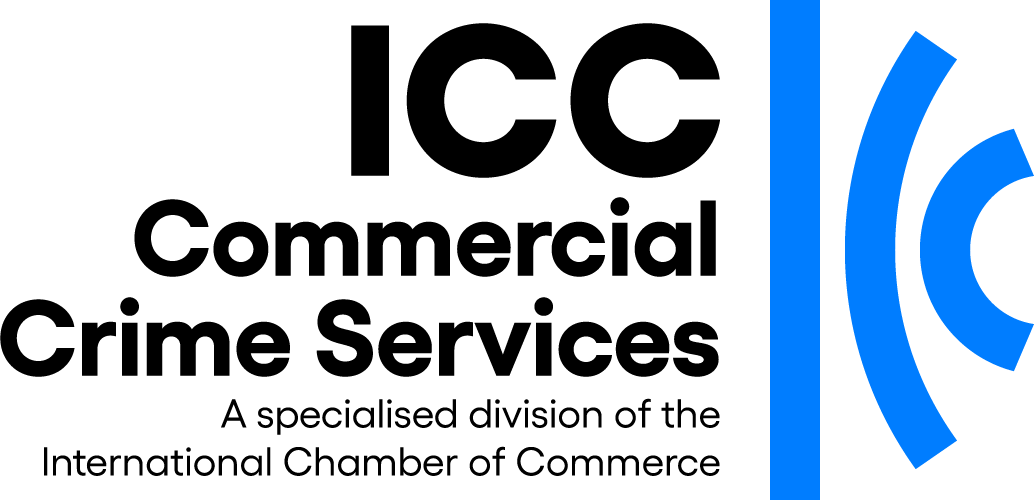
 From politics to sport and the corporate world, it seems that bribery and corruption has seeped into many aspects of society and everyday life.
From politics to sport and the corporate world, it seems that bribery and corruption has seeped into many aspects of society and everyday life.
 From politics to sport and the corporate world, it seems that bribery and corruption has seeped into many aspects of society and everyday life.
From politics to sport and the corporate world, it seems that bribery and corruption has seeped into many aspects of society and everyday life.
The fallout from the Panama Papers has left governments scrambling to push for enhanced regulations over beneficial ownership of complex shell companies and trusts.
In early May, the Obama Administration announced measures to strengthen financial transparency, and combat money laundering, corruption, and tax evasion.
Among other steps, the White House says it is releasing draft legislation that will increase transparency into the beneficial ownership of companies formed in the US by requiring that companies know and report their true owners.
It has also called upon the US Congress to act to boost law enforcement tools to combat corruption and money laundering, which includes new legislation to strengthen the country’s ability to fight transnational corruption.
The White House said, “The Department of Justice is sending to Congress draft legislation to enhance and strengthen our efforts to combat transnational corruption. This legislation would enhance law enforcement’s ability to prevent bad actors from concealing and laundering illegal proceeds of transnational corruption.”
It added, “It would also allow US prosecutors to more effectively pursue kleptocracy cases and prosecute money laundering as part of foreign corruption, and reinforce our role in the international community as a model for others in anti-corruption matters. The proposals would assist investigators and prosecutors in gathering evidence which can be used in prosecuting those who seek to hide and move illegal funds.”
The White House points to success of the US’ Foreign Corrupt Practices Act (FCPA) which it says provided the model for the OECD’s Anti-Bribery Convention and other efforts globally.
It says its Kleptocracy Initiative, which uses investigation and litigation to recover the proceeds of foreign official corruption and return the proceeds to the citizens of countries victimised by corruption, has led to the restraint of more than $1.8bn involving 12 countries.
While corruption creates unfair competition and erodes ethics in rich countries, the impact it has on poorer countries is far worse; as limited resources get wasted, preventing the fair distribution of wealth and ultimately holding back real progress.
Respondents to a recent survey by AlixPartners believed the regions that pose the most significant risk in terms of corruption are Africa, Russia and the Middle East.
And they aren’t optimistic that the risks in these regions will dissipate any time soon, with about 80% saying that corruption laws in these countries and regions are ineffective.
Against this backdrop, ICC’s Commercial Crime Services – which investigates and provides services to tackle financial crime – will hold its 16th Annual CCS Economic Crime Lecture, focusing on corruption, primarily through the actions taken under the FCPA in the US and the UK Bribery Act.
CCS says that many governments have enacted similar legislation, although there is clearly more work to be done through education and enforcement.
The Lecture will also examine the impact of corruption in emerging countries. The presentations will highlight the damage and consequences to society today.
Richard Grime, Litigation Partner of Gibson, Dunn and Crutcher’s Washington DC office will speak about Recent Developments and Trends in Anti-Corruption Enforcement.
Mr Grime’s practice includes counselling clients on compliance and corporate governance matters including the FCPA.
Prior to joining Gibson Dunn, Mr Grime spent nine years in the Division of Enforcement at the Securities and Exchange Commission in Washington which included a series of FCPA cases.
Another discussion on the Corrosive Impact of Corruption on Developing Countries will be led by David McNair, Director of Transparency at the ONE campaign, focusing on government, oil and gas industries and open data, equipping citizens in developing countries to ‘Follow the Money’ from resources to results.
In 2015, Dr McNair played a critical role in the establishment of the Global Partnership on Sustainable Development Data.
Diplomatic Courier magazine recently voted him among the 99 most influential policy leaders under 33.
More information about CCS’ services and membership can be found at https://www.icc-ccs.org/about-us






